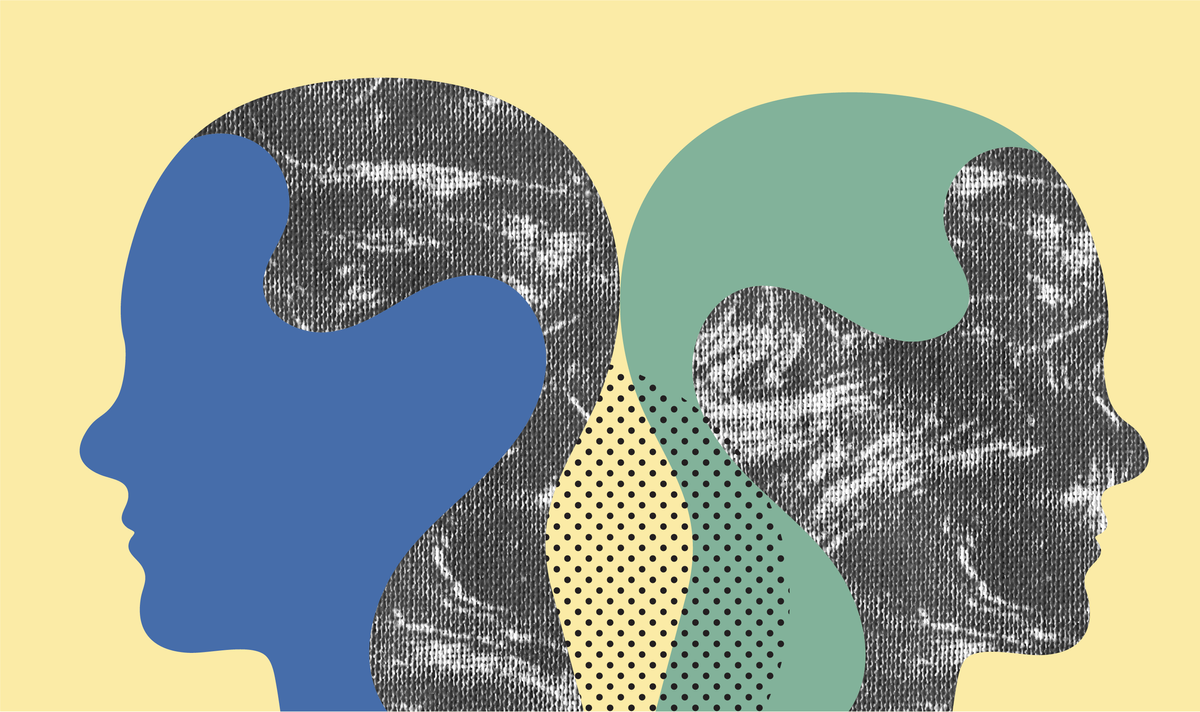Social media users challenge stigma toward ADHD
Other conversations discussed veterans’ mental health care and hip-hop therapy programs.

Other conversations discussed veterans’ mental health care and hip-hop therapy programs.
This past week, popular social media posts expressed frustration with those who dismiss or stigmatize ADHD symptoms. Other posts discussed veterans who die by suicide and the need for mental health care for this population, as well as therapy programs that serve Black teens.
In response, communicators may recirculate information about ADHD, offer resources for those who have lost loved ones to suicide, and share mental health resources geared toward veterans and Black teens.

Insights brought to you by the reporters and science writers of Public Good News (PGN), a nonprofit newsroom dedicated to improving community health.
What’s trending nationally in conversations about mental health
Several recent social media posts highlighted stigma toward people with ADHD. One X post, which received approximately 1.2 million views as of April 9, stated that “adhd is everyone being disappointed in you forever.” Another X post, which received approximately 735,200 views as of April 9, asked, “Why do people talk about adhd like it’s just an attitude problem and not a disability?” Commenters on both posts expressed frustration with people who don’t understand ADHD. One read, “People treat ADHD like it’s just a bad mood or lack of discipline, when it’s actually a real condition that messes with focus, impulse control, and more.”
On March 31, CNN reported that senators are aiming to “fix the system” that approves benefits for veterans’ families after the Department of Veterans Affairs rejected hundreds of benefits applications from relatives of veterans who died by suicide. CNN shared the article on Facebook, where the post received more than 86,000 views as of April 9. Several commenters who identified as veterans shared personal stories about struggling to access mental health care through vet centers. A few comments expressed stigmatizing attitudes toward veterans who experience mental health conditions or die by suicide, suggesting that their families should not receive benefits because suicide “is not honorable.”
On April 5, NBC’s Facebook page shared an article published last month about a Cleveland mental health program that uses hip-hop music to teach coping skills to teens. The article discussed how hip-hop therapy programs may help Black teens who struggle to access culturally competent mental health resources. Several commenters celebrated the program and called for more mental health services for Black teens. Some disparaged these programs, alleging that hip-hop negatively impacts teen mental health.

Recommendations brought to you by the health communication experts behind Infodemiology.com.
Recommendations for public health professionals
Each week, the Infodemiology.com team will provide messaging recommendations in response to some of the trending narratives outlined above. These helpful tips can be used when creating content, updating web and FAQ pages, and developing strategy for messaging about mental health.
Online conversations about ADHD provide an opportunity to highlight its symptoms. Messaging may emphasize that ADHD is a mental health condition that can negatively impact people’s personal lives, self-esteem, education, and careers. People with ADHD may need medication, therapy, and accommodations at school or work to manage symptoms.
Given ongoing discussions about veterans and mental health, communicators may recirculate mental health resources for veterans, such as local vet centers that offer counseling and support groups; self-help tools; the Wounded Warrior Project, which offers counseling and other resources for veterans; therapist directories where people can search for providers who have experience working with veterans; and the Veterans Crisis Line, which veterans and their loved ones can reach by calling 988 and pressing 1. Sharing support groups and other resources for those who have lost loved ones to suicide is also recommended.
Conversations about Black teen mental health show a need for resources tailored to this community, such as Melanin and Mental Health and Therapy for Black Girls, which connect people to culturally competent mental health providers; the AAKOMA Project, which helps young people of color and their families start conversations about mental health; and the Black-led mental health helpline Call BlackLine. Communicators may also want to share general mental health resources for youth and their caregivers.
